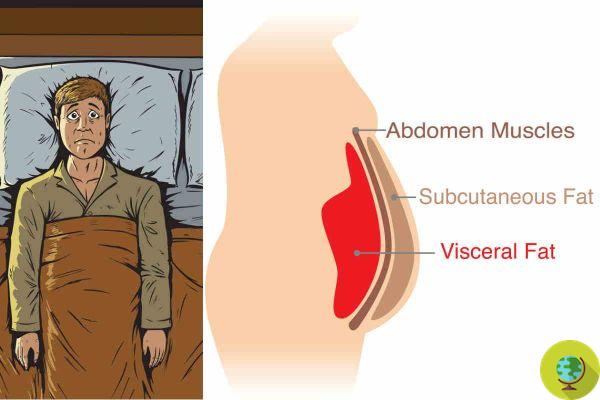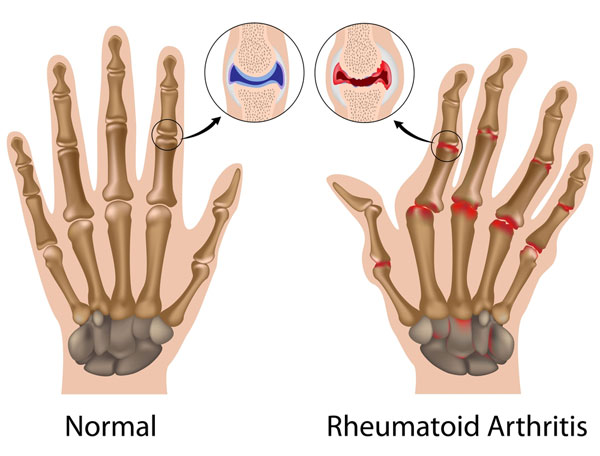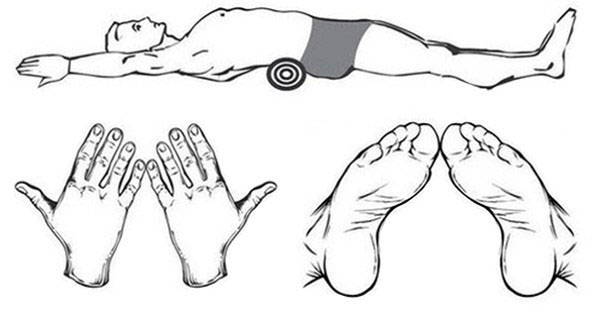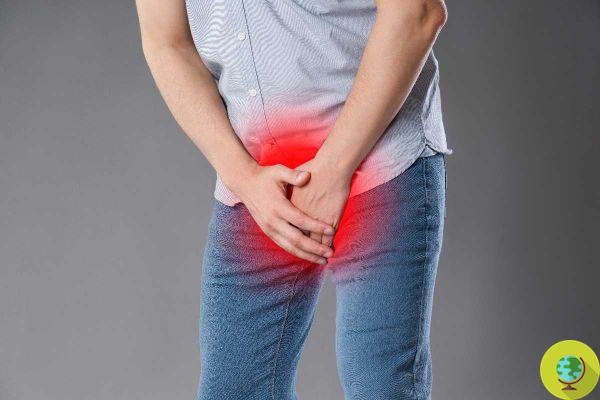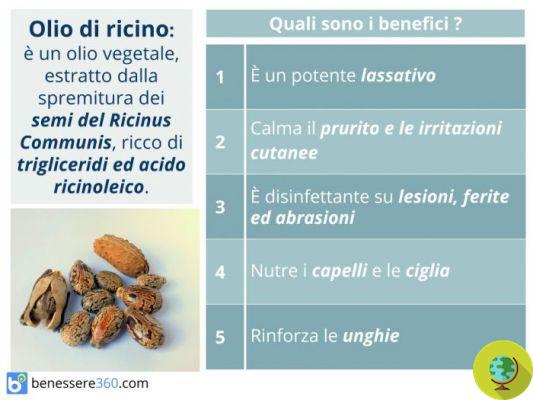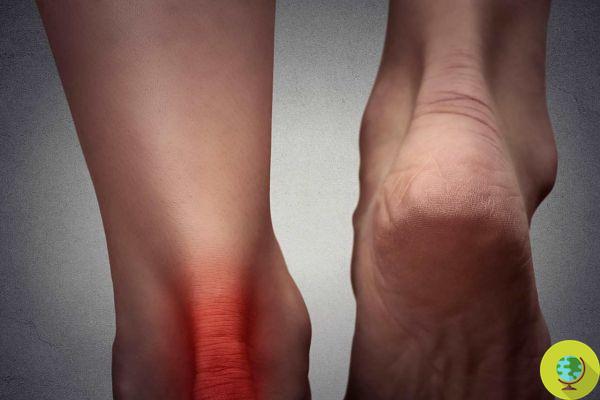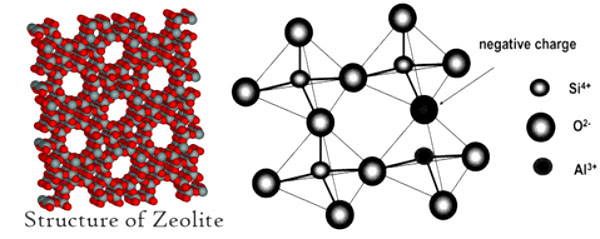Modern medicine tends to have a rather mechanical approach to the vision of the body and the physiological functions of the organs that compose it. But in ancient Greek medicine and traditional Chinese medicine, as well as in other traditional medical systems, the internal organs are considered the seat of emotions and are influenced by them.
Don't store avocado like this: it's dangerous
Modern medicine tends to have a rather mechanical approach to the vision of the body and the physiological functions of the organs that compose it. But in theancient greek medicine and in Traditional Chinese Medicine, as well as in other traditional medical systems, the organs interiors are considered the seat of emotions and are influenced by them.
Emotions represent our body's response to feelings. Greek medicine regarded emotions as being able to play an important role in organ welfare or in the occurrence of some disorders related to them. Traditional Chinese medicine associates 7 emotions with their respective organs.
Here are the correspondences between organs and emotions according toancient greek medicine, from which Western medicine then developed, and according to the Traditional Chinese Medicine.
Index
Ancient Greek Medicine
The main organs and the emotions associated with them according to ancient Greek medicine.
Heart
The heart is very sensitive to emotional states. The noble emotions, such as courage, valor, honesty, selflessness and empathy strengthen the heart and the spirit of life, while less noble emotions, such as guilt, remorse and a tendency to surrender weaken them. Love and the will to live are very important to the heart. According to ancient Greek medicine, one can really die of a broken heart. The heart is considered vulnerable to turbulent passions that can agitate it and create even acute fevers.
Lungs
The lungs are a very important organ that works closely with the heart and is sensitive and vulnerable to similar emotions. The feeling of to see one's physical and vital space denied it can cause breathing problems and asthma. Conversely, feelings of dignity and pride contribute to the opening of the chest and allow the lungs to expand and function at their best. Emotions that reduce the will to live are dangerous for the lungs, especially the pain and mourning.
Gola
The gorge is considered the communication center of our body. The inability to speak and speak the truth can cause throat problems. The throat also includes a portion of the digestive system. Strong emotions, such as anxiety and tension, can cause problems, such as the classic feeling of a "lump in the throat" and difficulty swallowing. Withheld words can cause the same effect.
Liver and gallbladder
Bile is produced by the liver and collects in the gallbladder. These two organs are vulnerable to angry emotions such as anger, irritability, frustration, resentment, jealousy and envy. The angry emotions are based in these organs, according to ancient Greek medicine, and can damage them. Anger and rage can suddenly explode passing from the liver to the head and thus cause headaches, neck and shoulder tension and stress. Digestive disorders can appear due to the malfunctioning of the liver and gallbladder.
Stomach
The stomach, just like the liver, it can garner angry emotions such as anger, anger, hatred and frustration. When such emotions build up in the stomach they can lead to ulcers and gastritis. Passivity, worry, anxiety, tension and stress block the flow of energy and can cause stomach problems, colic and bloating, up to nausea and appetite disorders.
Intestine
The gut is related to psychosomatic disorders and digestive disorders caused by emotions that can start in the liver and stomach. In the middle and lower part of the intestine, the melancholy emotions. The colon he is very vulnerable to such emotions. It can suffer the negative effects of worry, anxiety, stress, tension and nervousness.
Reni
Terror, fear and shock are the most dangerous emotions for the kidneys. The energetic flow of these emotions goes downward and can undermine our strength and confidence, but also encourage them. Strength and safety are related to the balanced functioning of the kidneys in their retention and evacuation functions. Extreme fear and fright can lead to loss of control of kidney functions.

photo source: jasongarner.com
TRADITIONAL CHINESE MEDICINE
Some of the main associations between emotions and organs according to traditional Chinese medicine.
Joy - Heart
In traditional Chinese medicine the gioia it is an emotion of profound fulfillment and is connected to the heart. When a person feels over-excited with joy, he may experience agitation, insomnia, fever, and heart palpitations. The heart is also connected tolove.
Anger - Liver and Gallbladder
La anger it is an emotion that is associated with resentment, frustration, irritability and anger. Chinese medicine states that this choleric-like emotion is stored in the liver and gallbladder. Anger can cause high blood pressure and dizziness.
Anxiety - Lungs and Large Intestine
Anxiety is an emotion related to excessive worry that can mainly affect the lungs and large intestine, according to traditional Chinese medicine. L'anxiety it can prevent a person from using their energy well and lead to shortness of breath, colitis, ulcers and inflammation of the large intestine. There concern is associated with the stomach. Anxiety is also linked to the spleen.
Sadness - Lungs
Il emotional pain it can induce disharmony in the lungs, problems in the circulation of energy throughout the body. Pain can weaken the will to live, damage the lungs, and cause respiratory disease, according to traditional Chinese medicine. The lungs are associated with emotions of emotional pain and pain sadness.
Melancholy - Spleen
Melancholy and excessive worries, up toanxiety, affect the spleen, according to traditional Chinese medicine, and can cause fatigue, lethargy, inability to concentrate. Melancholy can also obstruct the digestive system and affect the stomach with gas build-up and bloating.
Fear - Kidneys
La fear it can cause disharmony at the level of Reindeer, according to traditional Chinese medicine. Extreme fear can cause a person to suddenly lose control of their bladder and kidney function.
Fright - Heart
Fright is a 'emotion of shock and panic caused by a sudden and unexpected event. According to traditional Chinese medicine, fear strikes first of all heart, in the short term (think for example of palpitations) and when it becomes chronic it can also affect i Reindeer, already associated in itself with fear.
Marta Albè
Read also:
Emotions: to reveal the heartbeat
Measuring emotions is now possible
Men and dogs: The brain reacts equally to voices and emotions





